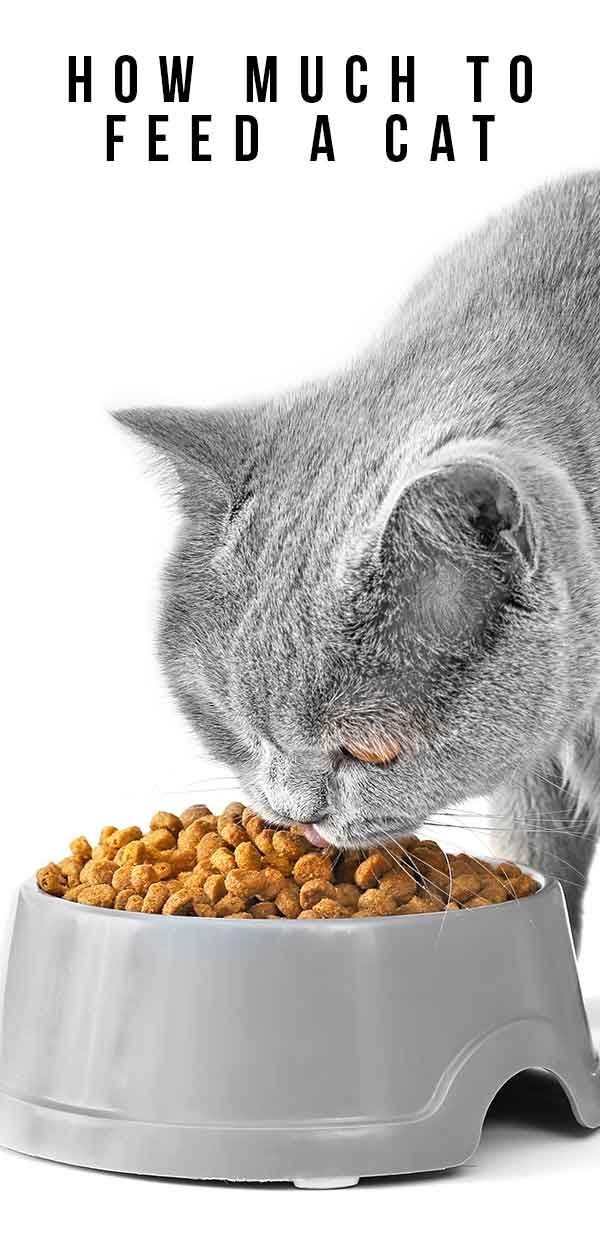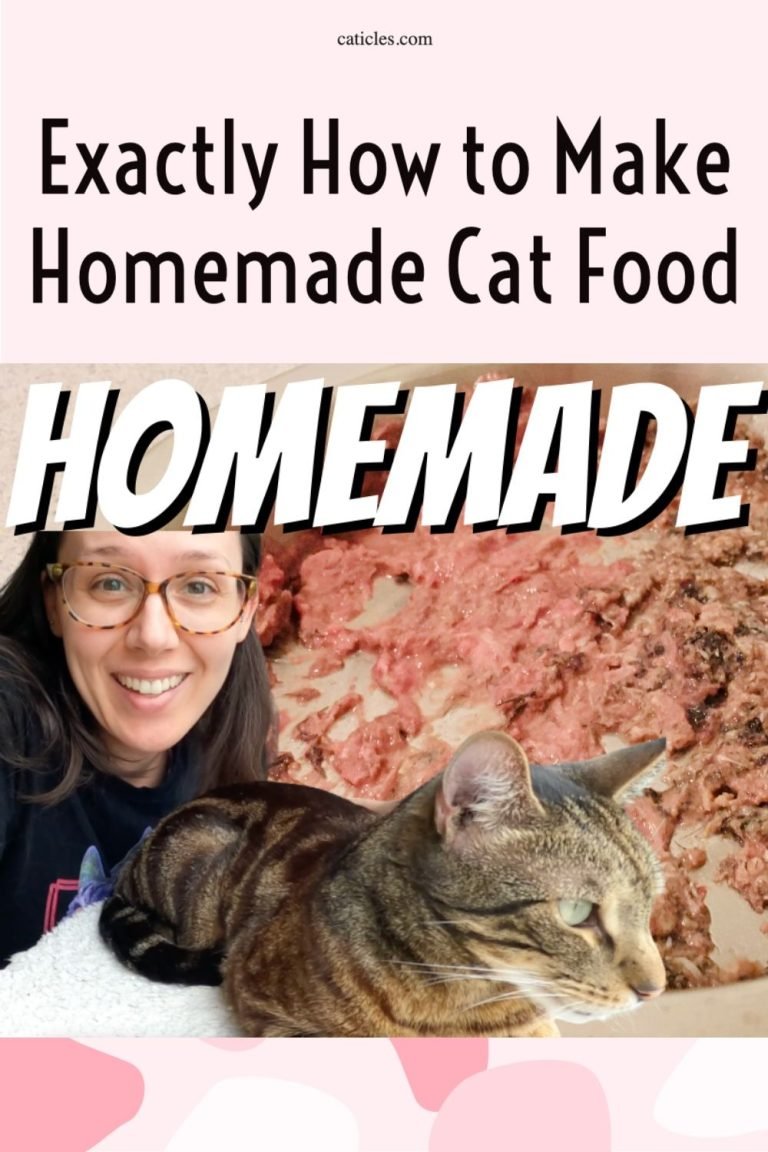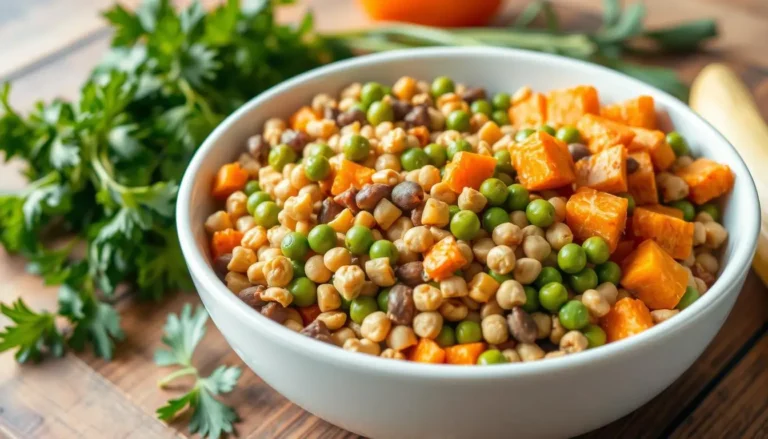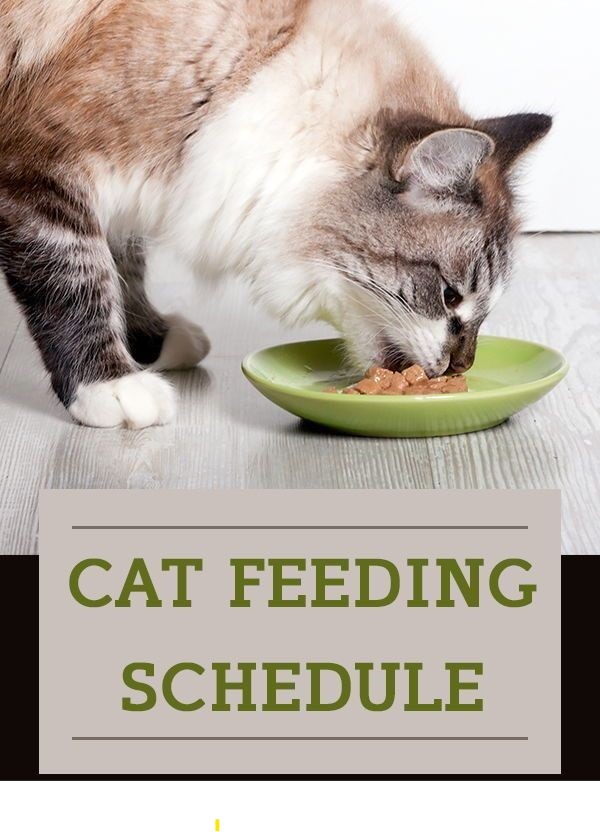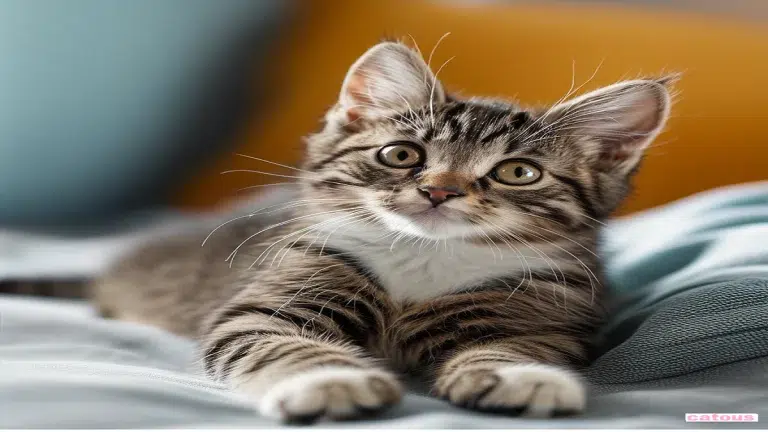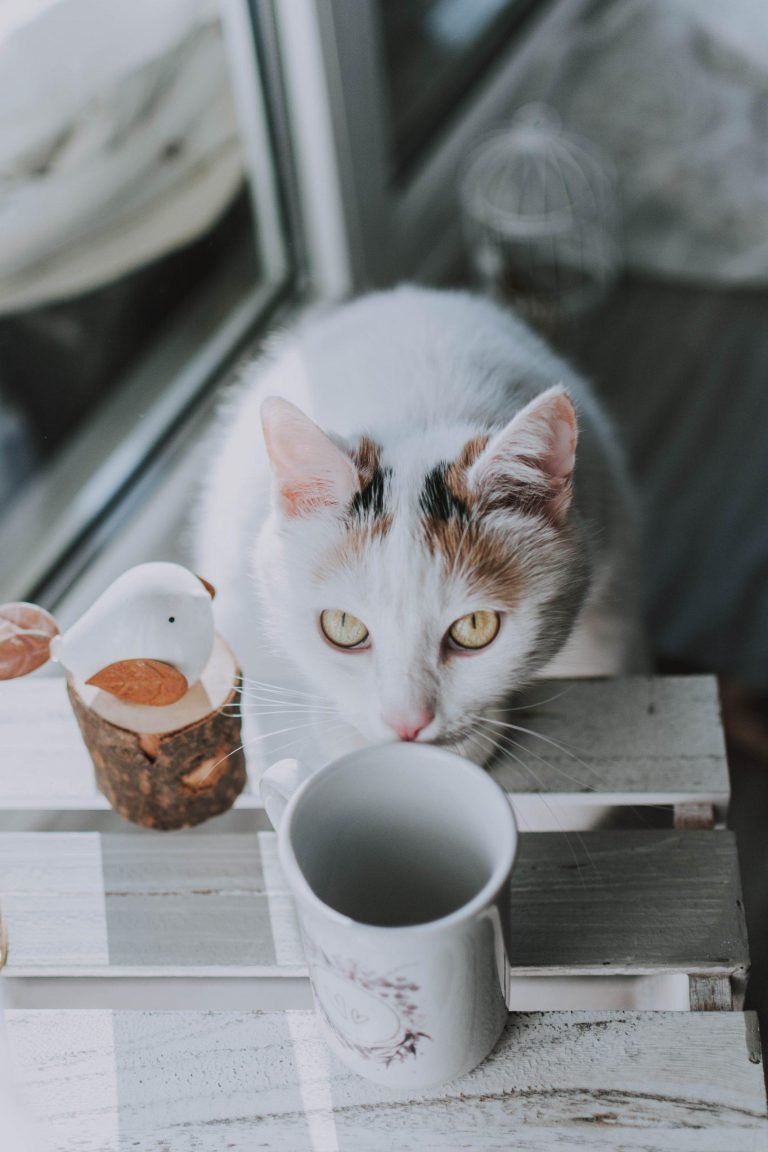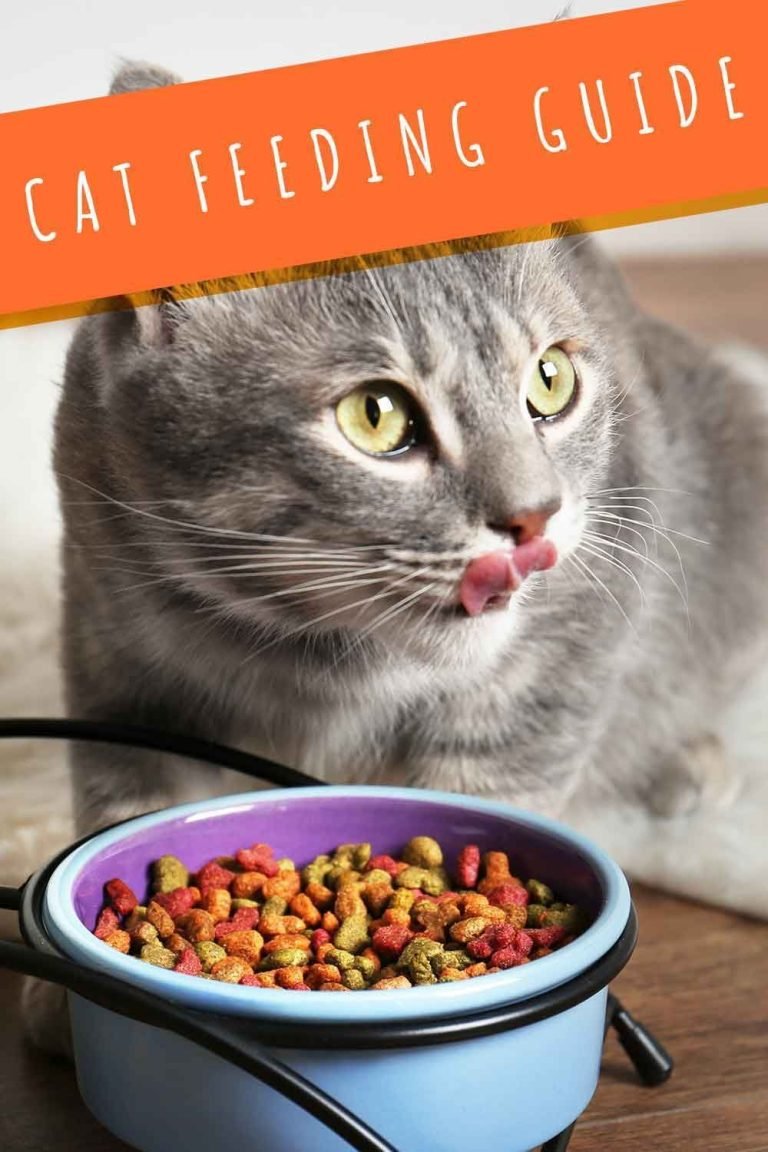Disclosure: This page may contain ads and affiliate links. We may earn a commission at no extra cost to you.
Views: 4
Disclosure: This page may contain ads and affiliate links. We may earn a commission at no extra cost to you.
Table of Contents
Unlock the secrets to feeding your cat with our essential guide. Discover 7 key tips for ensuring a healthier and happier feline with balanced nutrition and proper feeding practices.
As a marketing manager, I understand the importance of providing our feline friends with a well-balanced diet to ensure their overall health and well-being. In this straightforward guide, we’ll discuss essential aspects of feeding your cat, including essential nutrients, portion control, feeding schedules, and special considerations for various life stages and health conditions. By following this guide, you’ll be well-equipped to provide your cat with a nutritious and satisfying diet.
Essential Nutrients for a Healthy feeding your cat
Protein
Cats are obligate carnivores, which means they require a diet high in animal-based protein to thrive. Protein is essential for maintaining strong muscles, a healthy immune system, and proper organ function. Look for cat food that lists high-quality animal protein sources, such as chicken, turkey, or fish, as the primary ingredient.
Fats
Fats are a crucial source of energy for cats and play a vital role in maintaining healthy skin and coat, as well as brain function. Essential fatty acids, such as omega-3 and omega-6, should be included in your cat’s diet to promote overall health. High-quality cat food will contain a balanced ratio of these essential fatty acids.
Carbohydrates
While cats do not have a strict requirement for carbohydrates, they can provide a source of energy and dietary fiber. However, it’s essential to choose cat food with a moderate carbohydrate content, as excessive carbohydrates can contribute to obesity and other health issues.
Vitamins and Minerals
Vitamins and minerals are necessary for various bodily functions, such as bone development, immune system support, and maintaining healthy vision. Ensure your cat’s diet includes essential vitamins and minerals, such as vitamin A, vitamin D, calcium, and phosphorus.
Portion Control and Feeding Schedules
Determining the Right Portion Size
The appropriate portion size for your cat will depend on factors such as age, weight, activity level, and overall health. Consult the feeding guidelines on your cat’s food packaging or consult your veterinarian for personalized recommendations.
Establishing a Feeding Schedule
A consistent feeding schedule can help your cat maintain a healthy weight and reduce stress related to mealtime. Adult cats typically do well with two meals per day, while kittens may require more frequent feedings to support their growth and development. Senior cats or those with specific health conditions may have unique feeding schedule requirements.
Feeding Guidelines for Different Life Stages
Kittens
Kittens have higher energy and nutrient requirements than adult cats due to their rapid growth and development. They should be fed a kitten-specific formula that provides the necessary nutrients for their age. Kittens typically require three to four small meals per day until they reach six months of age, at which point they can transition to an adult feeding schedule.
Adult Cats
Adult cats should be fed a balanced diet that meets their specific nutritional needs. Portion sizes and feeding frequency will depend on factors such as weight, activity level, and overall health. Generally, adult cats do well with two meals per day, spaced evenly apart.
Senior Cats
As cats age, their nutritional needs may change. Senior cats may require a diet with fewer calories and more easily digestible protein to maintain a healthy weight and support their aging bodies. Consult your veterinarian for guidance on adjusting your senior cat’s diet and feeding schedule.
Special Dietary Considerations for Cats with Health Conditions
Obesity and Weight Management
If your cat has a higher weight or fat, it’s essential to address their diet and feeding schedule to promote weight loss and prevent further health issues. Consult your veterinarian for guidance on adjusting your cat’s portion sizes and feeding frequency, as well as selecting a weight management formula if necessary.
Diabetes
Cats with diabetes may require a specialized diet and feeding schedule to manage their blood sugar levels. A diet high in protein and low in carbohydrates is often recommended for diabetic cats. Consult your veterinarian for personalized recommendations on managing your diabetic cat’s diet.
Kidney Disease
Cats with kidney disease may benefit from a diet lower in protein, phosphorus, and sodium to reduce the workload on their kidneys. Your veterinarian can recommend a prescription diet specifically formulated for cats with kidney disease.
Tips for a Successful Cat Feeding Plan
Choose High-Quality Cat Food
Select a high-quality cat food that meets your cat’s specific nutritional needs. when feeding your catLook for food with high-quality animal protein sources, a balanced ratio of essential fatty acids, and appropriate levels of carbohydrates, vitamins, and minerals.
Monitor Your Cat’s Weight and Adjust as Needed
Regularly weigh your cat and adjust their food intake as needed to maintain a healthy weight. If you notice significant weight gain or loss, consult your veterinarian for guidance on adjusting your cat’s diet and feeding schedule.
Provide Fresh Water at All Times
Ensure your cat has access to fresh water at all times, as proper hydration is essential for their overall health. Clean and refill your cat’s water dish daily to encourage them to drink more.
Be Patient and Flexible
It may take some time for your cat to adjust to a new diet or feeding schedule, so be patient and flexible during the transition. If your cat is resistant to the new routine, try adjusting the feeding times or portion sizes to better suit their needs.
Conclusion:
Disclosure: This page may contain ads and affiliate links. We may earn a commission at no extra cost to you.
Feeding your cat doesn’t have to be complicated. By understanding the essential nutrients your cat needs, establishing portion control and feeding schedules, and considering the unique dietary requirements of different life stages and health conditions, you can create a straightforward plan for a healthy and happy cat. Remember to consult your veterinarian for personalized recommendations and guidance on your cat’s specific dietary needs for feeding your cat.
Disclosure: This page may contain ads and affiliate links. We may earn a commission at no extra cost to you.

